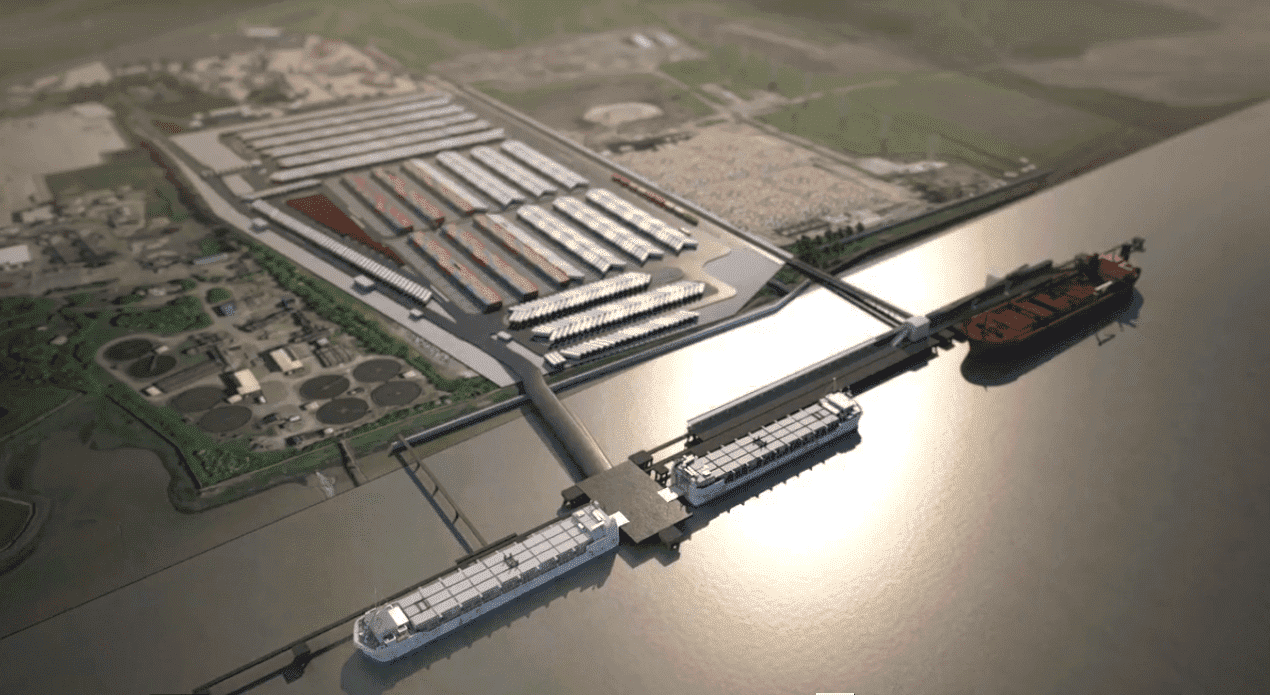First look at how Tilbury2 will look in 2020
Tuesday 28th May 2019
First look at how Tilbury2 will look in 2020

Construction of the new £200million port for London, Tilbury2, is underway and the Port of Tilbury has issued a CGI video which shows for the first time the facilities which will be ready in 2020.
Tilbury2 received development consent from the Secretary of State for Transport in February to build Tilbury2 – a new multimillion-pound port terminal adjacent to the current 930 acre site in Thurrock, on the outskirts of Greater London. GRAHAM are underway with the construction which include a new rail and road connection, deep water jetty and pontoon. It will be the UK’s largest unaccompanied ferry port and the country’s biggest construction processing hub. The video also shows how the team are focussing on protecting the natural habitat for water voles and invertebrates.
Commenting on the video, Peter Ward, Commercial Director at the Port of Tilbury said: “Construction of Tilbury2 is well underway and by issuing this CGI video we can see how accessible the new port is to London and how the port will operate when it opens next year (2020). We are excited about this development which has been driven by demand from our customers and we are grateful to the local community for their support during this construction phase.”
Tilbury2 will comprise:
- A roll on/roll off ferry terminal for importing and exporting containers and trailers to northern Europe, in partnership with P&O Ferries
- A facility for importing, processing, manufacturing and distributing construction materials
- A strategic rail terminal which can accommodate the longest freight trains of 775m
- Storage areas for a variety of goods, including exported and imported cars.
Tilbury2 is central to the Port of Tilbury’s £1billion investment programme during 2012-20. Tilbury has doubled the size of its business in the past 10 years and is projected to double the volume of cargo across the quay (from 16 million to 32 million tonnes) and increase direct employment (from 3,500 to 12,000 jobs) over the next 10-15 years.
